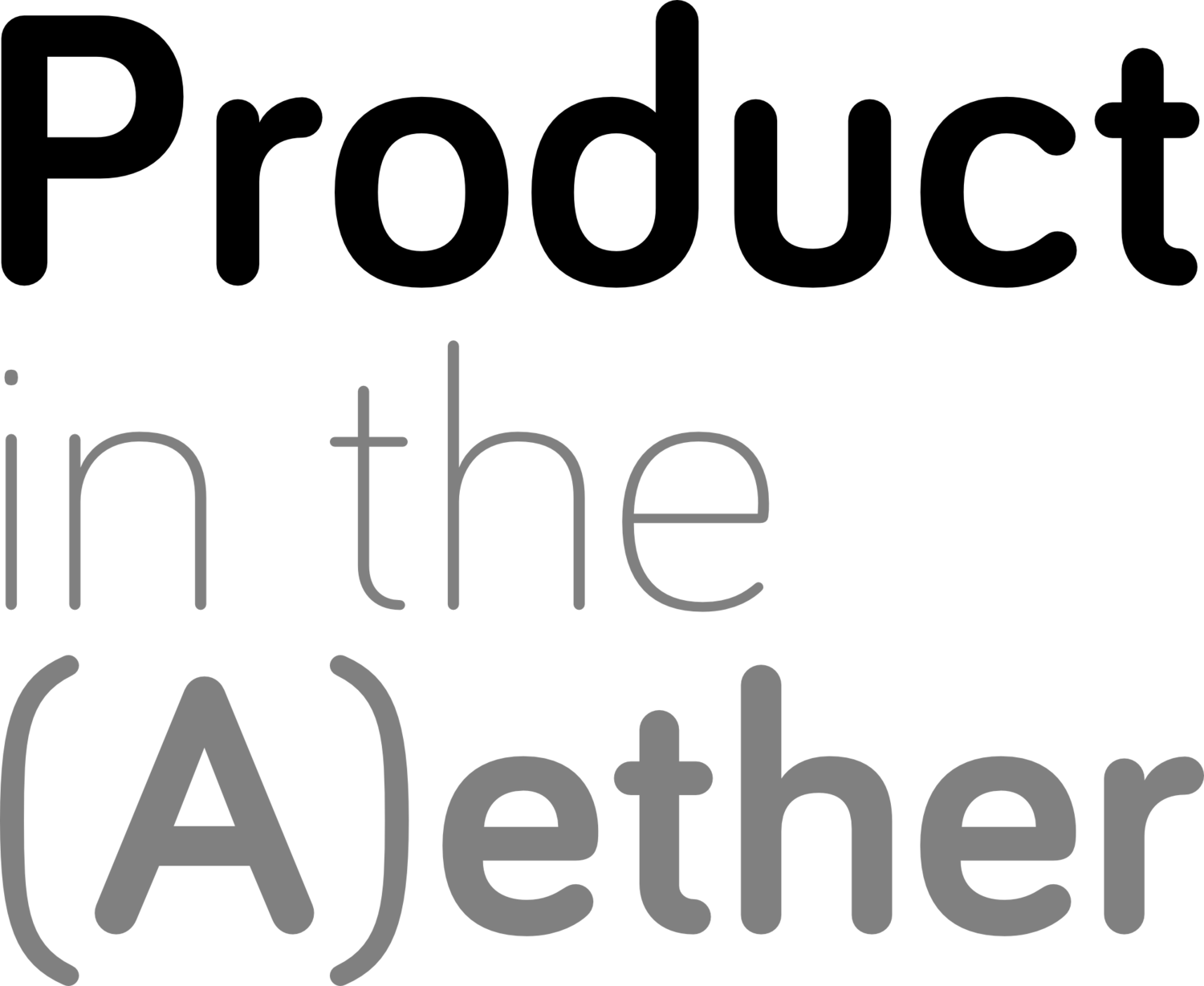PITA 038
ICEBREAKER: Item that starts with D
TOPIC 1 Diplomatic but effective ways to tell people/teams their level of maturity is low
Give an example of what good looks like - fictionalised or real - for them to baseline against
Examples from other companies / experiences
Encourage experiments to bring about chats about outcomes
Talk about the characteristics of teams at all levels - what does poor look like? What does good & great look like? Show that it’s a continuum and teams move through them
Frame it as ‘I need this…’
Facilitate a workshop to help them find the answers themselves
TOPIC 2 What balance do you find between being customer-centric and competitor-informed?
Ensure you have a clear proposition for your product, else you may think you’re competing with everyone
How are you going to be different if you copy it? And what value do you add? Or are you just doing it because you haven’t a clue?
B2B, RFP-driven processes - sometimes you can’t avoid ticking boxes to ensure you do what competitors do. B2C, informed is good… but never prioiritise based on it
Understanding why someone chose a competitor is more important than copying their features list
Don’t be Excel
Where do Customer & Competitor stuff come together? - Are you in the same market?
Can you be customer-centric about your competitors? Interview people who use your competition’s product. What do they like & dislike?
Even if you copy… mind how it fits in to your experience
TOPIC 3 How best to influence product people that support experience for users is important
Get people to work the support desk regularly
Recruit PMs from the Support team
Get a OKR/target metric that’s aimed at saving money. Cost of Support is often quite high.
Can you tie support issues to people leaving the product?
Support is a signal for Product/Market Fit (retention, engagement, etc)
Get the actual data from the Support team and make it interesting
TOPIC 4 Organizations have written and unwritten knowledge - how do you share/socialise that with new hires or people moving around the organisation?
Onboarding buddy or two. One from the discipline, one from another area.
Get the people who have recently been onboarded to update the documentation as they go through
Accept that you can’t fix everything in this space
New starters only at the beginning of a month - create a bootcamp, rotating the hosts, with lots of informal chat
Baptism by fire - give them a project that makes them encounter everything important
People who move - give them a formal transition plan, too
Understand WHY the person was moved

